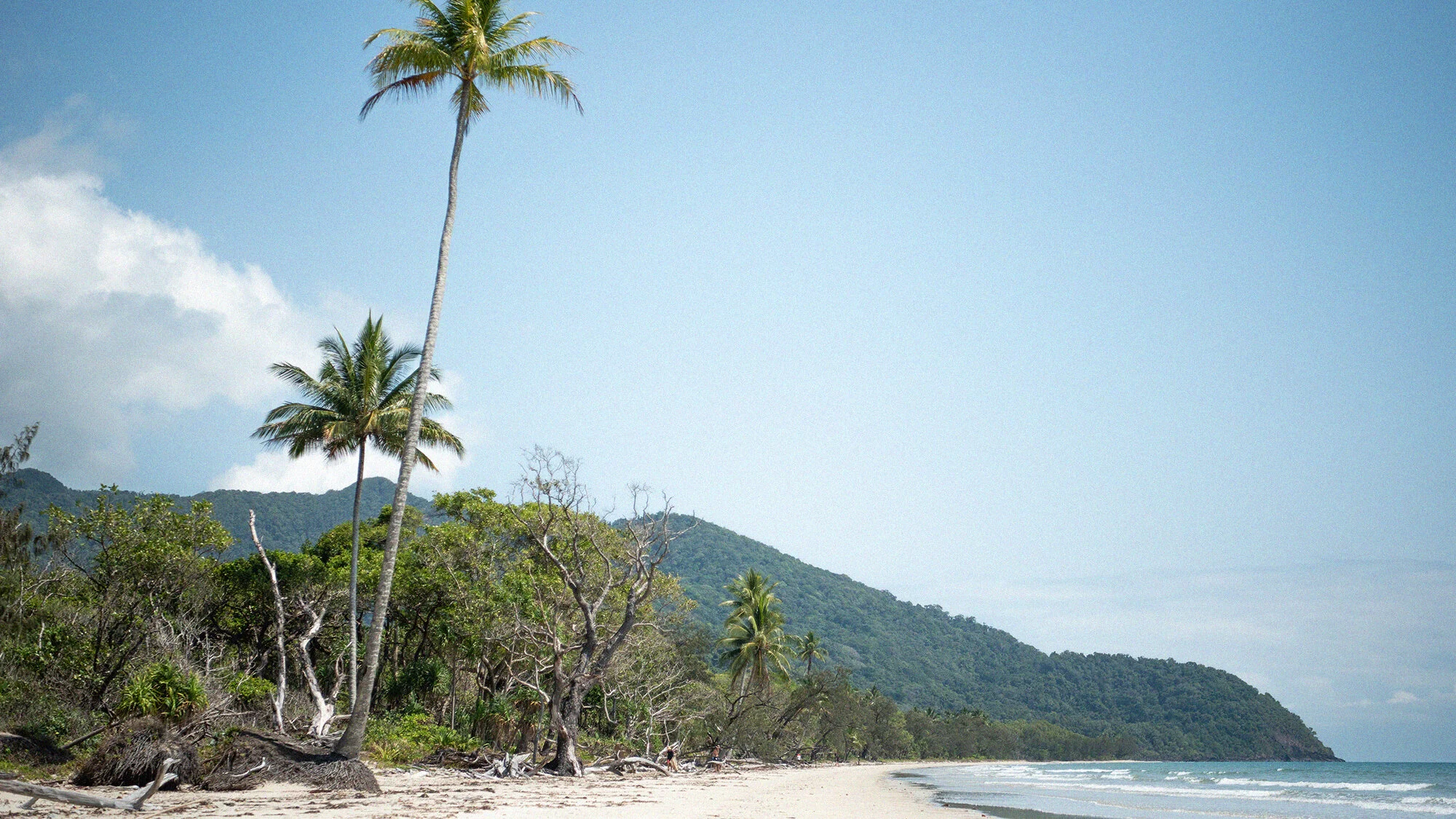YOUR WEEKLY BRIEFING FROM PARLEY
This image by Lucy Friend and Pablo Cogollos. Header image by Angelika Volz.
OCEAN PROTECTION
The island nation of Samoa has committed to protect 30% of its surrounding ocean area by 2025, which will result in 36,000 square kilometers of fully protected marine habitats — a significant increase from the 1% currently under protection under existing legislation. Samoa’s land mass accounts for less than 3% of its territory, and the country is largely dependent upon the ocean. To support the implementation of the Samoa Ocean Strategy, the Government of Samoa, Conservation International, and the Blue Prosperity Coalition will collaborate to support marine spatial planning, sustainable fisheries and blue economy. This process will be science-based and community-driven and echoes a growing global call for ocean protection from other nations, globally.
BAG BANS
Months after the initial announcement, New York State is officially banning plastic bags. The enforcement of the law, which was originally set in place on March 1, 2020, was largely delayed due to the spike in Coronavirus cases and a lawsuit brought on by plastic bag makers and convenience store owners. Environmental advocates from the state have already seen an improvement in the health of the state due to less plastic pollution. The new law prohibits most storefronts from giving out plastic shopping bags with the few exceptions for takeout orders and bags used to wrap meat or prepared food. Though stores can still offer paper bags, the counties have the option of charging consumers a five cent fee.
MANGROVES
A citizen science initiative in the Maldives announced this week that they discovered a new, rare and endangered species of mangrove, named Brugueira hainesii, in Kulhudhuffushi, Haa Dhaalu Atoll in August 2019. The group decided to delay the announcement due to the fear of attacks on the vulnerable mangrove ecosystem for land development. The discovery is important as it highlights the significance and urgency of mangrove conservation and restoration in the country. Significant wetlands and mangrove habitats are present in 74 Maldivian islands and mangroves are recorded in a total 150 islands. Maldives hosts 15 different species of true mangrove and associate mangrove species.
OIL SPILLS
A river in South Africa, a coastline in the United States and the sea between Venezuela and Trinidad and Tobago are all facing imminent threats from oil spills this week. Environmental groups in Durban, SA are gathering together to take action after thousands of liters spilled from a pipeline in the Umbilo River this week. Also this week, environmental officials in Delaware began to notice pools of oil washing ashore the beaches in the surrounding area. It is estimated that 215 gallons of oil have spilled and has now covered over 7 miles of coastline, the source is still unknown, but has been identified as a "heavy fuel oil" likely leaking from an operating vessel. In the Paria Gulf, a Venezuelan-flagged oil tanker carrying upwards of 80 million gallons is beginning to tilt at an alarming rate. Officials fear a spill from the vessel could cause an ecological disaster, that would not only affect the individuals of Venezuela, but all neighboring countries and marine life.
MICROPLASTICS
A recent study marks a milestone in the understanding of microplastic particles on humans, especially on bottled fed babies. Scientists followed the international sterilization guidelines to make baby formula, which includes heating the bottle to high temperatures and shaking the bottle and contents. They found that both the hot water and shaking steps produced a lot of microplastics. The results from the study are just estimates, but they concluded that on average, babies are exposed to 1.6m microplastic particles a day during their first year when fed using plastic bottles. The health impacts of heating and eating out of plastic containers are unknown, but there is an “urgent need” to assess the issue, particularly for infants. Experts suggest an additional washing step, boiling water in non-plastic containers, making the formula in a non-plastic container or alternatively using glass bottles can cut the amount of microplastics produced drastically.
… and in the world of US politics
The Democrats have introduced a bold new proposal that could help fix
some of the environmental mess the Trump administration has created.
Share these stories and join the conversation on social media
IG @parley.tv | TW @parleyforoceans | FB @parleyfortheoceans
#StateOfTheOceans





















